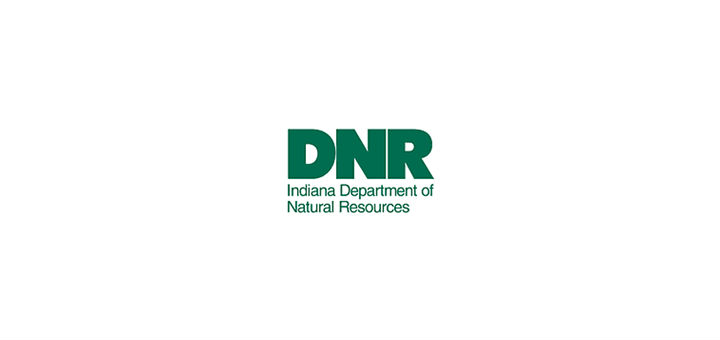The Indiana Department of Natural Resources announced today that Hoosiers in 76 counties across the state can resume feeding birds but asks that residents of the remaining counties keep their feeders down while the investigation into what is killing songbirds continues.
DNR recommended a statewide moratorium on bird feeding on June 25 to slow the spread of a still-undetermined illness that is killing birds across the state. Hoosiers answered the call, removing feeders, cleaning birdbaths, and submitting more than 3,400 reports of sick or dead birds. DNR biologists believe there to be more than 500 cases in 72 counties that involve a very specific set of clinical signs (crusty eyes, eye discharge, and/or neurological issues).
Based on the data, it appears that the bird illness is consistently affecting specific areas. There is no imminent threat to people, the population of specific bird species, or to the overall population of birds in Indiana.
DNR recommends that residents of the following counties continue to refrain from feeding birds: Allen, Carroll, Clark, Floyd, Hamilton, Hancock, Hendricks, Johnson, Lake, Marion, Monroe, Morgan, Porter, St. Joseph, Tippecanoe, Whitley.
Residents of other counties may again put out their feeders. Seed and suet feeders should be cleaned at least once every two weeks by scrubbing feeders with soap and water, followed by a short soak in a 10% bleach solution. Feeders should be thoroughly rinsed and dried before being filled with birdseed. Hummingbird feeders should be cleaned at least one a week with a 10% bleach solution and rinsed thoroughly.
The USGS National Wildlife Health Center’s avian disease experts are working to determine the cause of this disease outbreak. Indiana will continue to support the effort by providing samples to the laboratory.
If you see a sick or dead bird with the above symptoms, report it at on.IN.gov/sickwildlife. Reports help DNR staff continue to track this outbreak.
SOURCE: News release from Indiana Department of Natural Resources
